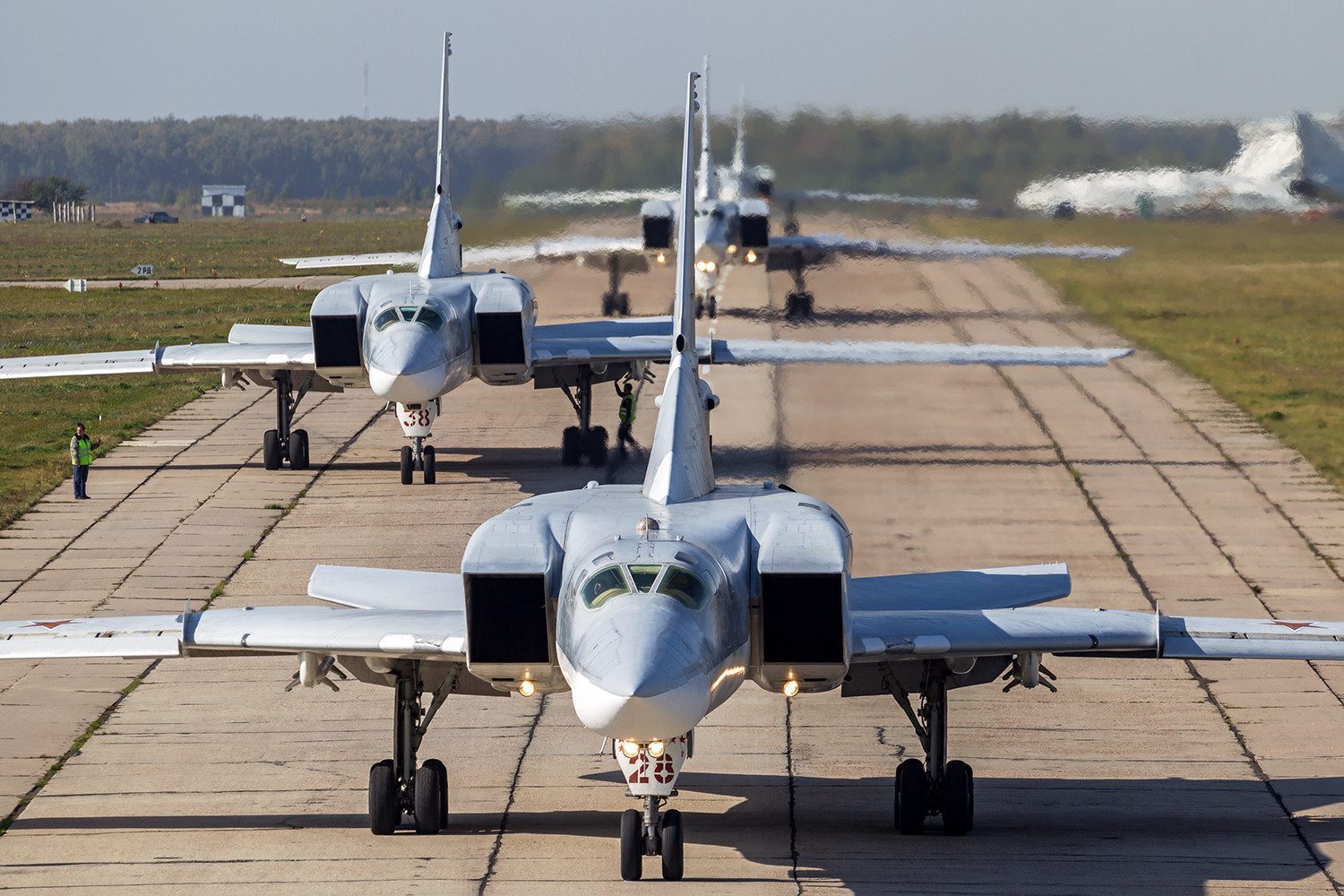
The US Congress has passed a resolution limiting President Donald Trump’s power to wage war or take military action against Iran.
The House of Representatives joined the Senate in the move by voting 227 to 186 to prevent Trump from taking any military action against Iran without Congressional approval.
Congressmen and women who voted in favor of the resolution said that they wanted to ensure that Congress alone has the authority to declare war against other countries, as stipulated in the US Constitution.
“There are many countries in the world where the decision is made by one single person, and these countries are called dictatorships,” said Democrat Representative Steny Hoyer. “The founding fathers never wanted the United States to be run by dictators.”
Nevertheless, the president will certainly use his right to veto this decision. Those Democrats in Congress allied to a handful of Republicans who are sceptical of the viability of military solutions, will not be able to counter the presidential veto because they lack the required number of votes.
The vote took place just minutes after two soldiers, one American and one British, as well as an American military contractor were killed on Wednesday evening in a missile attack on the Taji military base that houses US troops north of Baghdad.
It was the bloodiest attack against US interests in Iraq in years. A previous attack in December also led to the killing an American contractor in Iraq for which Washington held Shia militias responsible.
On 3 January, Trump approved a US raid in Baghdad targeting the Iranian commander of the Quds Force, Qassem Soleimani, which escalated tensions between Washington and Tehran; the latter responded with missile strikes on Iraqi bases housing US forces.
The raid that killed Soleimani sparked a wave of anger among Iraqis, who demanded the withdrawal of US forces. Many people doubted that the Shia militias launched the attack on the base in a country where Daesh fighters are still present.
After targeting American soldiers in Iraq, the US Central Command (CENTCOM) announced it will deploy missile defense systems in Iraq over fears of further Iranian retaliatory attacks following the assassination by America of Iranian Major General Qassem Soleimani earlier in the year.
CENTCOM head, US Marine General Kenneth McKenzie said during a House Armed Services Committee hearing yesterday: “We are also in the process of bringing air defence systems, ballistic missile defence systems, into Iraq in particular, to protect ourselves against another potential Iranian attack.”
On 8 January, Iran’s Islamic Revolutionary Guards Corp (IRGC) carried out a series of ballistic missile strikes against the Ain Al-Assad Airbase which hosts mostly US forces located in the western Anbar province, and another US base in the northern Iraqi Kurdistan region. This came days after the US targeted Soleimani in a drone strike near Baghdad airport.
Last month, the US Defense Department revealed that over 100 US forces had been diagnosed with traumatic brain injuries following the attack on the bases. A spokesman for the IRGC said last month that what Washington claims to be related to brain injuries from the strikes was actually “a metaphor for dead US troops.” US President Donald Trump was accused of downplaying the seriousness having initially denied there were any injured US personnel.
“We conclude that what the United States announces to be related to brain injuries from the attack on Ayn al-Assad to be a metaphor for dead US troops,” Brigadier General Ramezan Sharif wrote for the Iranian daily Vatan-e-Emrooz. Iranian media has consistently asserted that there were US fatalities following the attack, with the IRGC claiming at least 80 US servicemen had died and 200 were injured, not long after details of the attack were reported.
Since the Iranian missile strikes, the US has been negotiating with Baghdad to bring air defense systems – such as the Patriot – into the country. According to Stars and Stripes, Pentagon officials have cited turmoil within the Iraqi government and logistical challenges as a reason for the delayed move.
McKenzie was not asked by US lawmakers to elaborate further on his announcement and he did not provide specific information as to when or where the missile systems would be placed in Iraq.
However, according to Army General Mark Milley, chairman of the Joint Chiefs of Staff, even if such weapons were present at the time of the Iranian attack, they would not have guaranteed the protection of the base, “That’s what they’re designed to do. Can’t say for certain, obviously [that they would have succeeded]”.
Notably the Patriot defense systems failed to protect Saudi Arabian oil facilities during the 14 September attack last year, claimed by Yemen’s Houthis but blamed on Iran. Foreign Policy described the Patriot as “a lemon of a missile defense system” over the incident.



